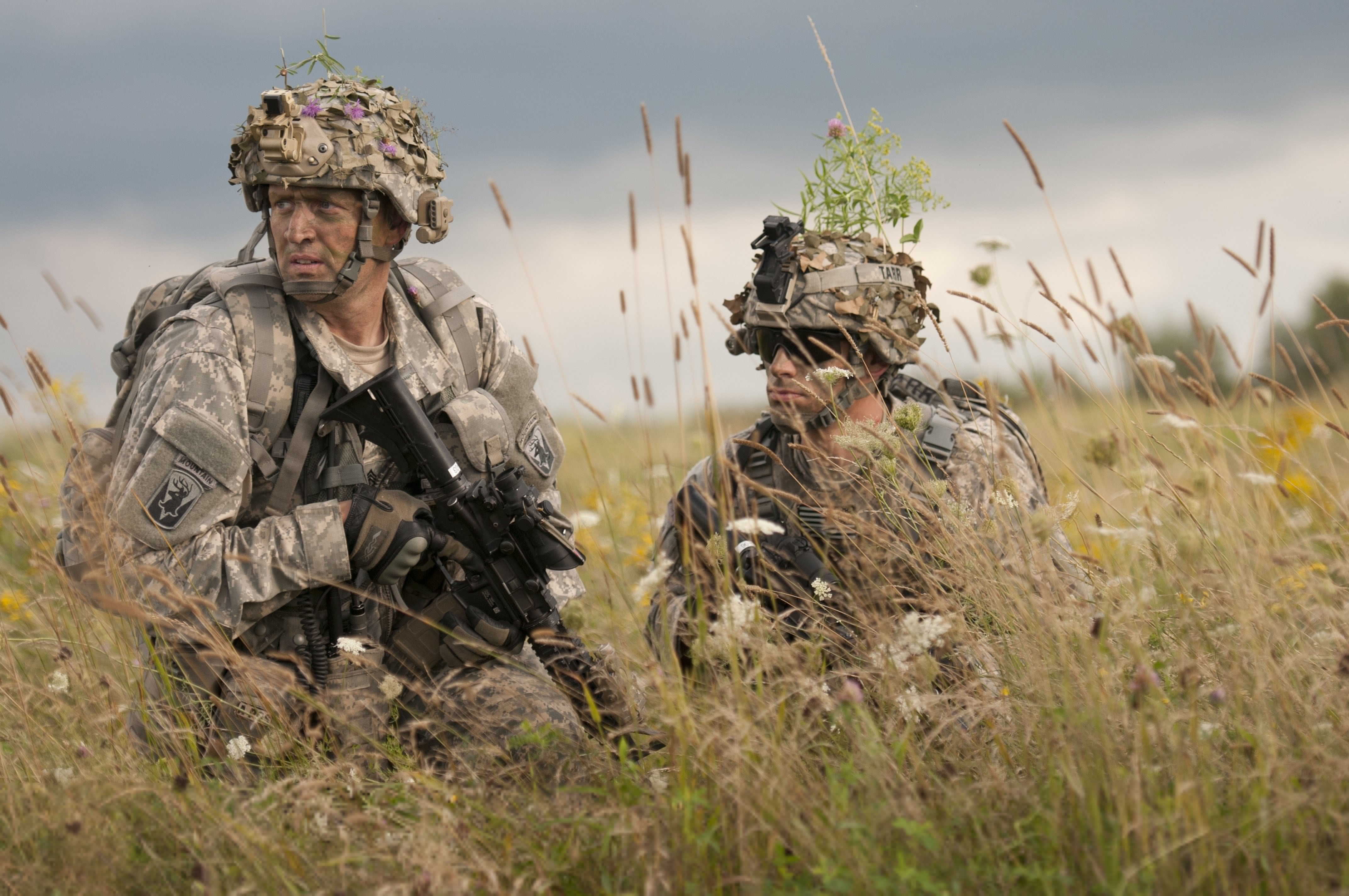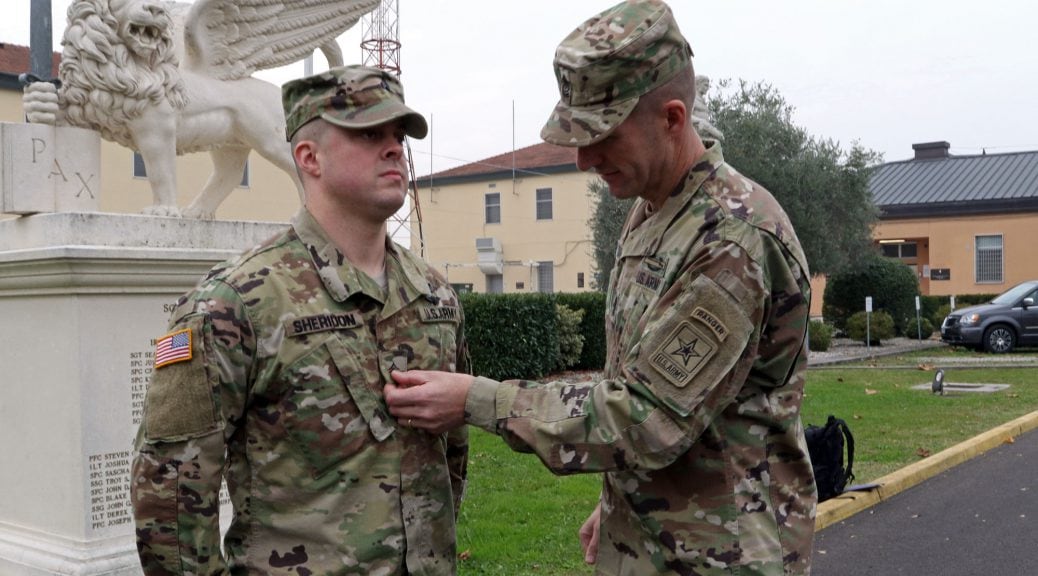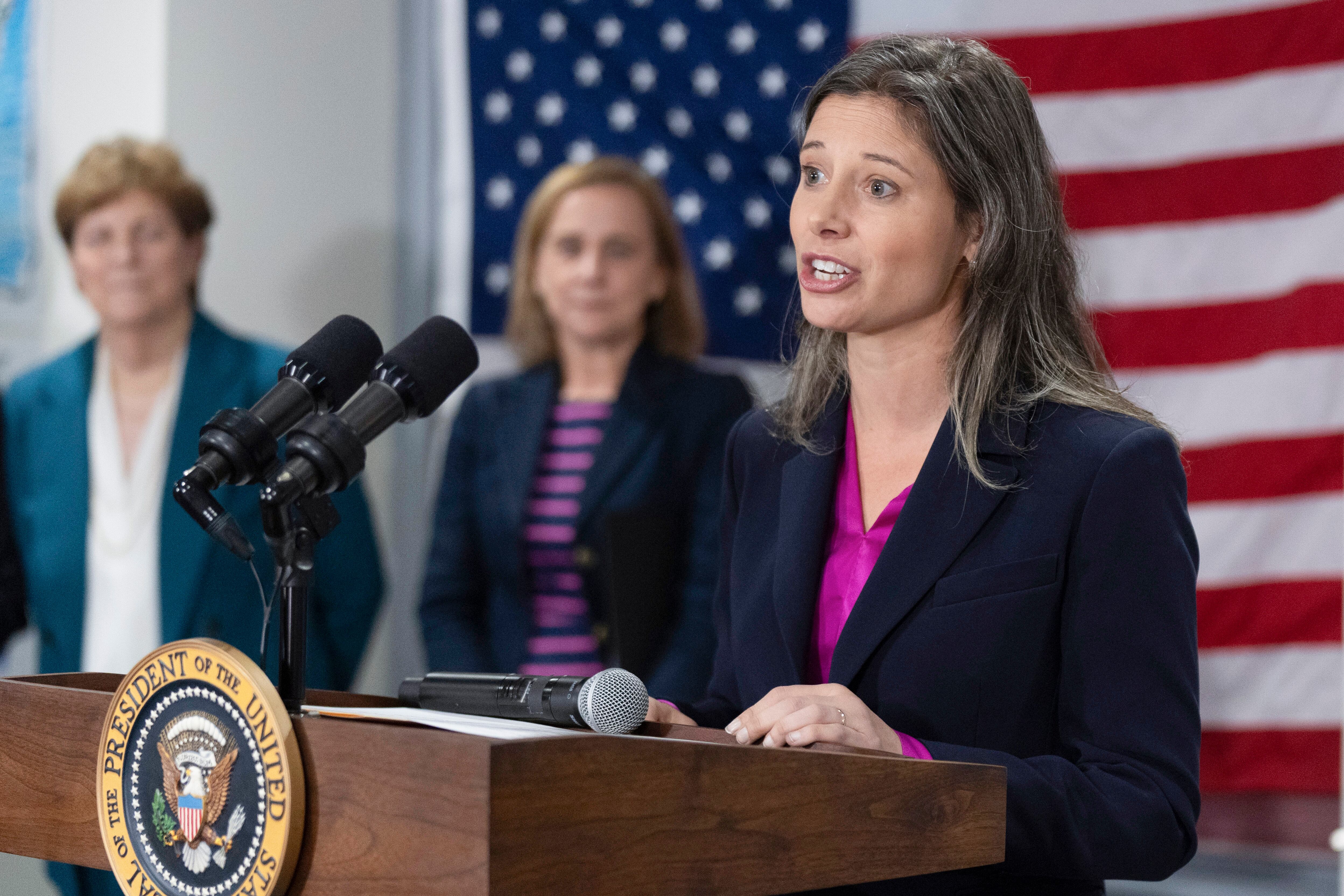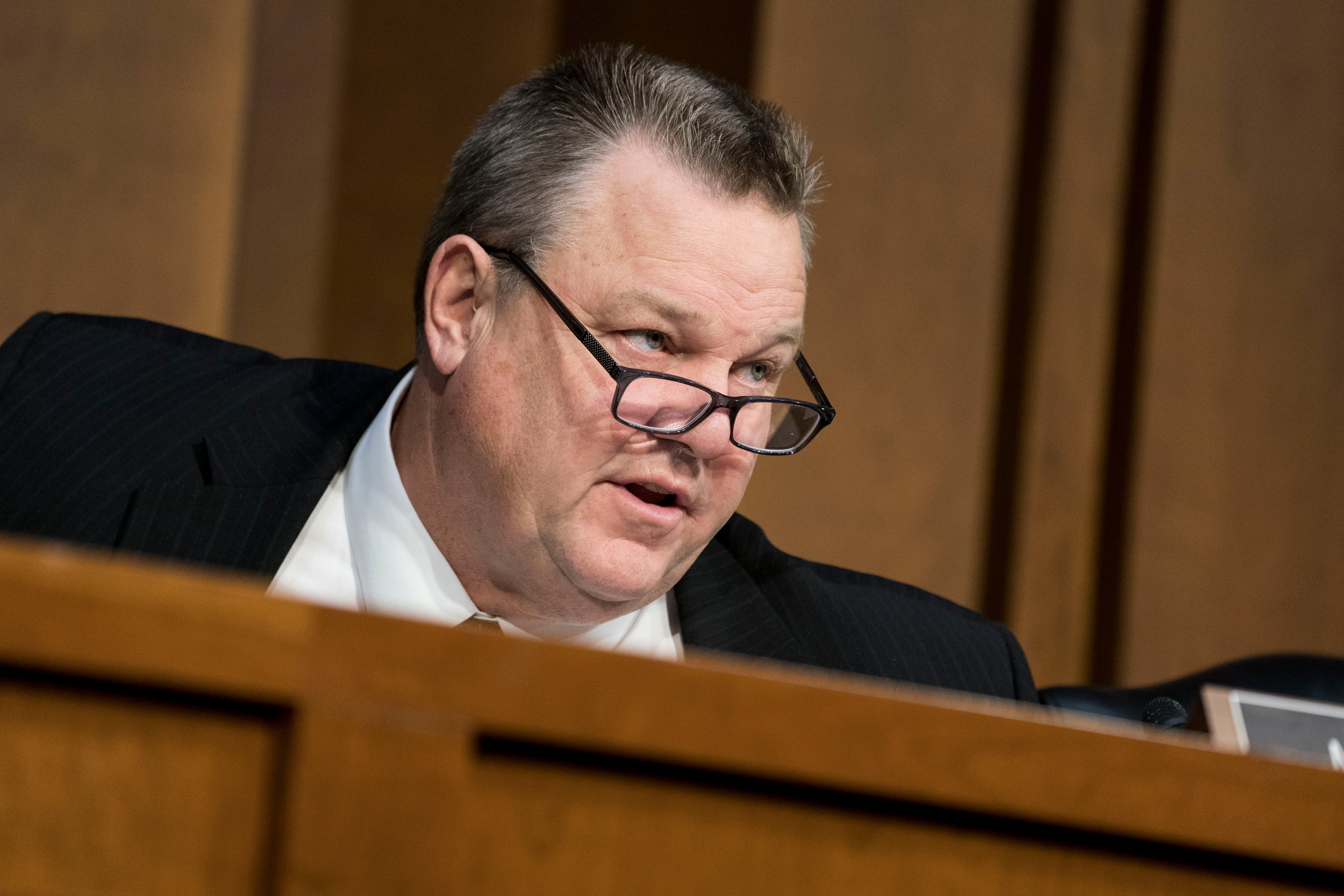Noncommissioned officers across the Army can expect a surge in promotions over the next few years as the Army's new NCO professional development system falls into place.
One key indicator is the 2016 sergeant major select and train board results. Released Dec. 6, the list is the largest in history, with 967 senior NCOs selected to attend the Sergeants Major Course. That's a 28.4 percent selection rate.
Last year's list had about 577 names on it and a 13.6 percent selection rate.
Officials also are projecting increases in pin-on promotions as high as 42 percent and 25 percent for certain ranks in the coming years.
"We know that one of the biggest reasons people stay in the organization isn't because of the money. It's because of job satisfaction and being recognized for their value and what they contribute to the organization," said Sergeant Major of the Army Dan Dailey in an interview with Army Times. "I'm excited to be able to drive this opportunity for our soldiers. They deserve it. It's time we recognize the best so we can retain the best."
Beginning Oct. 1, the Army reduced its senior NCO retention control points – the amount of time career soldiers can stay in uniform without getting promoted. As a result, about 3,000 senior NCOs will be forced to leave the Army in the next several years.
But with that, the service also is projecting accompanying increases in promotion rates for sergeants first class, master sergeant and sergeant major.
According to data provided by Dailey’s office, the Army is projecting a 6 percent increase in the number of soldiers who will pin on the rank of sergeant major in fiscal 2017, compared with fiscal 2016. Officials expect a 25 percent increase in fiscal 2018.
For master sergeants, projections call for a 20 percent increase in pin-on promotions in 2017 and a 42 percent increase in 2018.
Sergeants first class could see a 12 percent increase in 2017 and a 24 percent increase in 2018.
The Army’s new NCO professional development system stems from its NCO 2020 initiative, which ties together several major changes to the way the Army trains, educates and retains its NCOs. This includes reducing retention control points for senior NCOs, making education a requirement for promotion, and incorporating an all-in system for senior NCOs being considered for top jobs across the force.
The intent is to enable talented, qualified soldiers to get promoted more quickly. This will allow the Army to better leverage the knowledge and experience of its junior NCOs, many of whom have fought in Iraq and Afghanistan for more than a decade, Dailey has said.
During the height of the wars in Iraq and Afghanistan, the Army started keeping people longer, Dailey said. When the Army began to downsize in 2010, it made preparations by cutting and reorganizing units, but it did not make the right adjustments to personnel policies, Dailey said.
That didn’t happen until later, when "we started looking at promotion rates, and we had a growing number of people staying longer and longer and longer because they could," he said.
"My fear was I knew for a fact I was losing talent, but I couldn’t see it," he said. "You know who’s leaving when they retire, but who’s leaving the Army because they have no hopes of being promoted? It’s scary because you can’t put your finger on who those people are."
This prompted Dailey and the Army’s personnel experts to reexamine the service’s personnel and talent management policies.
"We’ve got to start looking at the future of our noncommissioned officers," he said. "When I go across the Army, I see a lot of young talent, fully-qualified, war-hardened soldiers, [and] we want to retain them."

Sergeant Major of the Army Dan Dailey is rolling out a new NCO professional development system designed to improve soldier education and promote more quickly talented, qualified soldiers. Here, 1st Sgt. Kevin Mulcahey and Sgt. Nicholas Tarr of 1st Squadron, 172nd Cavalry Regiment, prepare to move during an air assault exercise at Fort Drum, N.Y.
Photo Credit: Staff Sgt. Sarah Mattison/Army
Long-term outlook
There are risks to implementing such sweeping changes to complex personnel policies. This includes a potential drop in promotion rates in fiscal years 2019 and 2020 as the population stabilizes.
The risks become even greater as the size of the Army continues to remain in flux.
"We took a risk, but this is about making decisions from an enterprise perspective, and we’re talking 10, 15, 20 years from now," Dailey said. "We may save that [future] sergeant major of the Army who’s making a decision as a sergeant to leave."
Under the Army’s new NCO professional development system, soldiers must complete the appropriate levels of Structured Self-Development and professional military education before they can be promoted.
Soldiers who meet all the requirements should expect to make sergeant in three to five years, staff sergeant in five to seven years, sergeant first class in nine to 12 years, master sergeant in 12 to 15 years, and sergeant major in 17 to 20 years, according to a chart provided by Dailey.
The system allows for flexibility, giving the Army room to speed up promotions for qualified and talented NCOs.
It also lays out a comprehensive timeline and training and education opportunities tailored for sergeants major to work their way up from battalion-level sergeants major to those qualified to serve a four-star commander.
Soldiers also must abide by tighter retention control points at the senior NCO levels.
Beginning Oct. 1, the Army reverted back to the RCPs it had in place before the 2007 surge in Iraq.
The lower RCPs create upward mobility; increase promotion rates for sergeant first class, master sergeant and sergeant major; and reduce the need for Qualitative Service Program boards, which screen NCOs for involuntary separation or retirement in specialties that are over strength or have stagnant promotion opportunities, or both, officials said.
T
he retention control point for sergeants major is now 30 years instead of 32.
It is 26 years instead of 29 years for master sergeants and 24 years instead of 26 years for sergeants first class.
RCPs for the other grades remain the same.
Dailey said he is pleased with the spike in promotions and what it could mean for soldiers and their ability to advance their careers.
"We were all going to have to make tough decisions this year," he said, citing ongoing budget uncertainty and the ongoing Army drawdown. "But some of that will now be relieved."
Michelle Tan is the editor of Army Times and Air Force Times. She has covered the military for Military Times since 2005, and has embedded with U.S. troops in Iraq, Afghanistan, Kuwait, Haiti, Gabon and the Horn of Africa.





